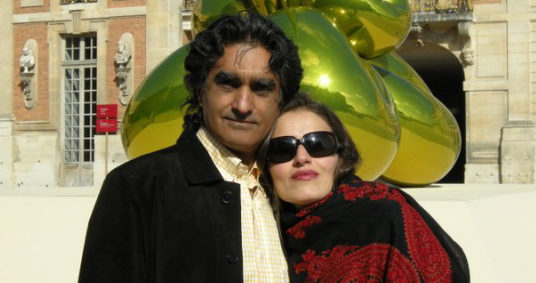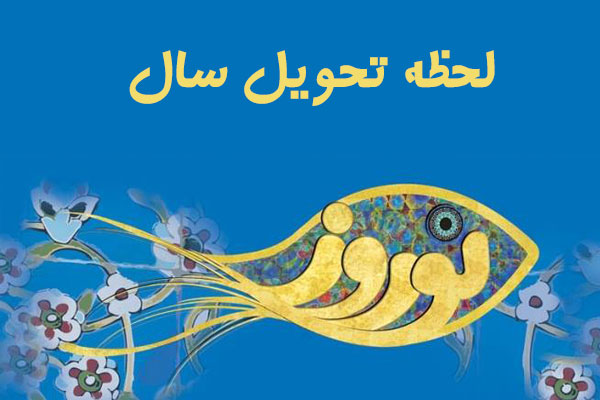March 17, 2017

Iran has charged an Iranian-American couple with of-fenses that carry the death penalty, the first time the Judiciary has moved to execute an Iranian-American dual national.
The couple, Karan Vafadari and Afarin Nayssari, were arrested eight months ago on comparatively minor charges, but now stand accused of trying to overthrow the regime.
Vafadari is an American citizen; his wife holds a US Green Card.
They own an art gallery in Tehran and are prominent in the Iranian artistic and cultural community. They were arrested by the Pasdaran at the Tehran airport last July 20 and accused of serving alcohol in their home and hosting mixed-gender parties.
The new charges, detailed last week in a blog by Vafadari’s sister, Kateh, include attempting to overthrow the Islamic Republic and recruiting spies for foreign embassies.
Vafadari is one of at least 17 dual nationals currently detained in Iran in what is widely assumed to be a Pasdar and Judiciary effort to intimidate dual nationals, whom many Iranian hardliners see as the cutting edge of Western efforts to overthrow the Islamic Republic.
“With complete impunity, the Guards and their accomplices in the Judiciary are destroying the lives of innocent people,” said Hadi Ghaemi, executive director of the Center for Human Frights In Iran (CHRI), which, until this month, was named the International Campaign for Human Frights in Iran (ICHRI).
“They grab people and throw them into prison without any evidence or the ability to defend themselves, and then hand-pick a judge who will press home the attack with a conviction and harsh sentence.”
According to Vafadari’s sister, shortly after the couple’s arrest they were taken in handcuffs to their home and then to their gallery, where items of art were either confiscated or destroyed.
They were denied access to counsel for months and held for extensive periods in solitary confinement.
During interrogations, Afarin Nayssari was told to spy on her friends in the art world and on her husband, the sister wrote. When Nayssari refused, she was returned to solitary confinement.
The earlier charges included serving alcohol in their home and organizing mixed-gender parties for diplomats—although Vafa-dari is Zoroastrian and not subject to Islamic laws on alcohol and mixed gatherings. CHRI said that charge was dropped some time ago.
The judge selected for the case was Abol-Qasem Salavati, a notoriously hardline judge routinely picked for politicized cases.
At the preliminary hearing, the earlier charges dropped were re-instated by Judge Salavati. The judge did not allow the couple’s lawyer to be present at the preliminary hearing and ordered the couple to dismiss their lawyer, CHRI said.
CHRI said the jailing of the couple “also appears motivated by greed: the Islamic Republic has a long and documented history of unlawfully confiscating private property, especially that belonging to those whom the authorities do not favor. The family of Vafadari reported continuous calls right after the couple’s arrest demanding money, and noted that the charges brought would allow the seizure of the couple’s extensive properties.”
In a public letter, the former Italian ambassador to Iran, Roberto Toscano, expressed outrage at Vafadari’s and Nayssari’s arrests and refuted the authorities’ justification for their detention, saying, “One has to be truly gullible and the easy victim of propaganda” to accept such charges.
He continued, “The reason must be a different one,… political blackmail toward the US (of which they are also citizens), envy for their success, intimidation toward the Zoroastrian community, desire to grab their properties, [and] repression of contemporary art.”
Vafadari’s sister, Kateh, implored “all those who stand for civil liberties, artistic freedom, minority rights and Iran’s self-determination … [to] write letters of support asking for Karan and Afarin’s immediate release” to Iran’s Permanent Mission to the UN and to Iran’s Judiciary chairman.




















